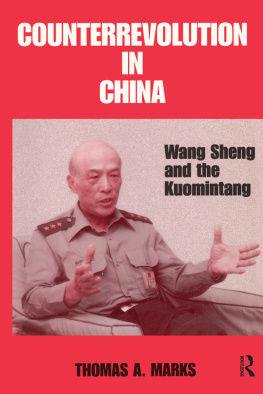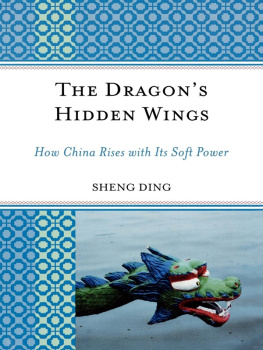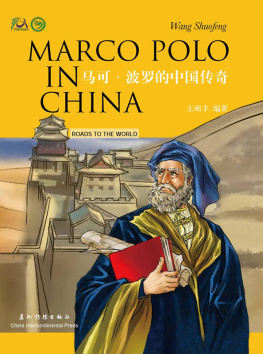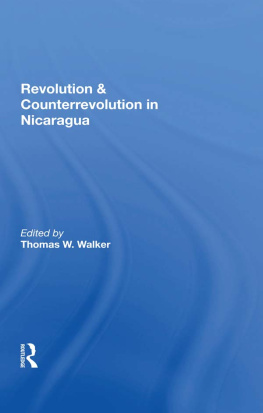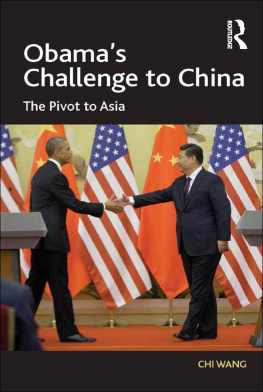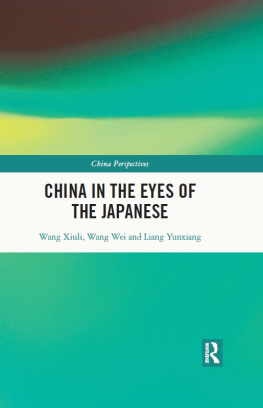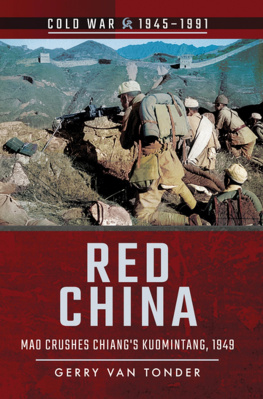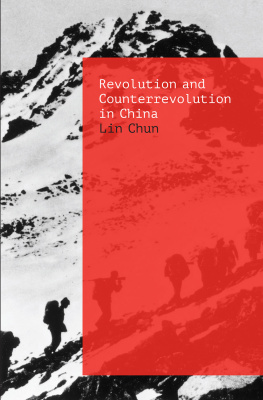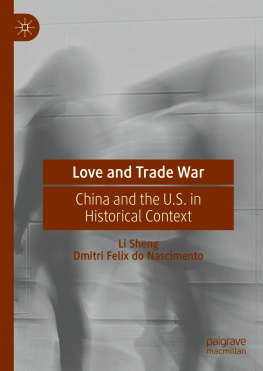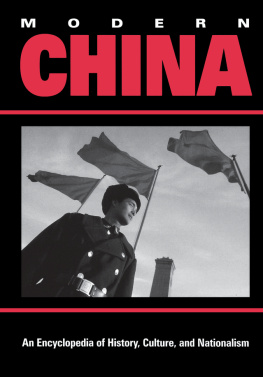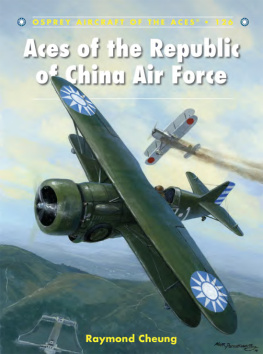Thomas A. Marks - Counterrevolution in China: Wang Sheng and the Kuomintang
Here you can read online Thomas A. Marks - Counterrevolution in China: Wang Sheng and the Kuomintang full text of the book (entire story) in english for free. Download pdf and epub, get meaning, cover and reviews about this ebook. year: 1998, publisher: Routledge, genre: Detective and thriller. Description of the work, (preface) as well as reviews are available. Best literature library LitArk.com created for fans of good reading and offers a wide selection of genres:
Romance novel
Science fiction
Adventure
Detective
Science
History
Home and family
Prose
Art
Politics
Computer
Non-fiction
Religion
Business
Children
Humor
Choose a favorite category and find really read worthwhile books. Enjoy immersion in the world of imagination, feel the emotions of the characters or learn something new for yourself, make an fascinating discovery.
- Book:Counterrevolution in China: Wang Sheng and the Kuomintang
- Author:
- Publisher:Routledge
- Genre:
- Year:1998
- Rating:3 / 5
- Favourites:Add to favourites
- Your mark:
- 60
- 1
- 2
- 3
- 4
- 5
Counterrevolution in China: Wang Sheng and the Kuomintang: summary, description and annotation
We offer to read an annotation, description, summary or preface (depends on what the author of the book "Counterrevolution in China: Wang Sheng and the Kuomintang" wrote himself). If you haven't found the necessary information about the book — write in the comments, we will try to find it.
Thomas A. Marks: author's other books
Who wrote Counterrevolution in China: Wang Sheng and the Kuomintang? Find out the surname, the name of the author of the book and a list of all author's works by series.
Counterrevolution in China: Wang Sheng and the Kuomintang — read online for free the complete book (whole text) full work
Below is the text of the book, divided by pages. System saving the place of the last page read, allows you to conveniently read the book "Counterrevolution in China: Wang Sheng and the Kuomintang" online for free, without having to search again every time where you left off. Put a bookmark, and you can go to the page where you finished reading at any time.
Font size:
Interval:
Bookmark:
Sterling Seagrave
Denny Lane
Ed ODowd
Tony Paul
Honolulu, Hawaii

FRANK CASS PUBLISHERS
2 Park Square, Milton Park, Abingdon, Oxon OX14 4RN
711 Third Avenue, New York, NY 10017
Counterrevolution in China : Wang Sheng and the Kuomintang
1. Wang, Sheng 2. Generals China Biography 3. Statesmen
China Biography 4. China History Republic, 19121949
5. China Politics and government 19121949
I. Title
951042092
ISBN 0-7146-4238-X (paper)
Counterrevolution in China : Wang Sheng and the
Kuomintang / by
Thomas A. Marks.
p. cm.
Includes bibliographical references and index.
ISBN 0-7146-4700-4 (cloth). ISBN 0-7146-4238-X (pbk.)
1. Wang, Sheng, dl917-. 2. Generals-Taiwan-Biography
3. Taiwan-Politics and government1949- I. Title
DS799.82.W346M37 1996
951.24905092dc20
| [B] | 96-13891 CIP |

Font size:
Interval:
Bookmark:
Similar books «Counterrevolution in China: Wang Sheng and the Kuomintang»
Look at similar books to Counterrevolution in China: Wang Sheng and the Kuomintang. We have selected literature similar in name and meaning in the hope of providing readers with more options to find new, interesting, not yet read works.
Discussion, reviews of the book Counterrevolution in China: Wang Sheng and the Kuomintang and just readers' own opinions. Leave your comments, write what you think about the work, its meaning or the main characters. Specify what exactly you liked and what you didn't like, and why you think so.

